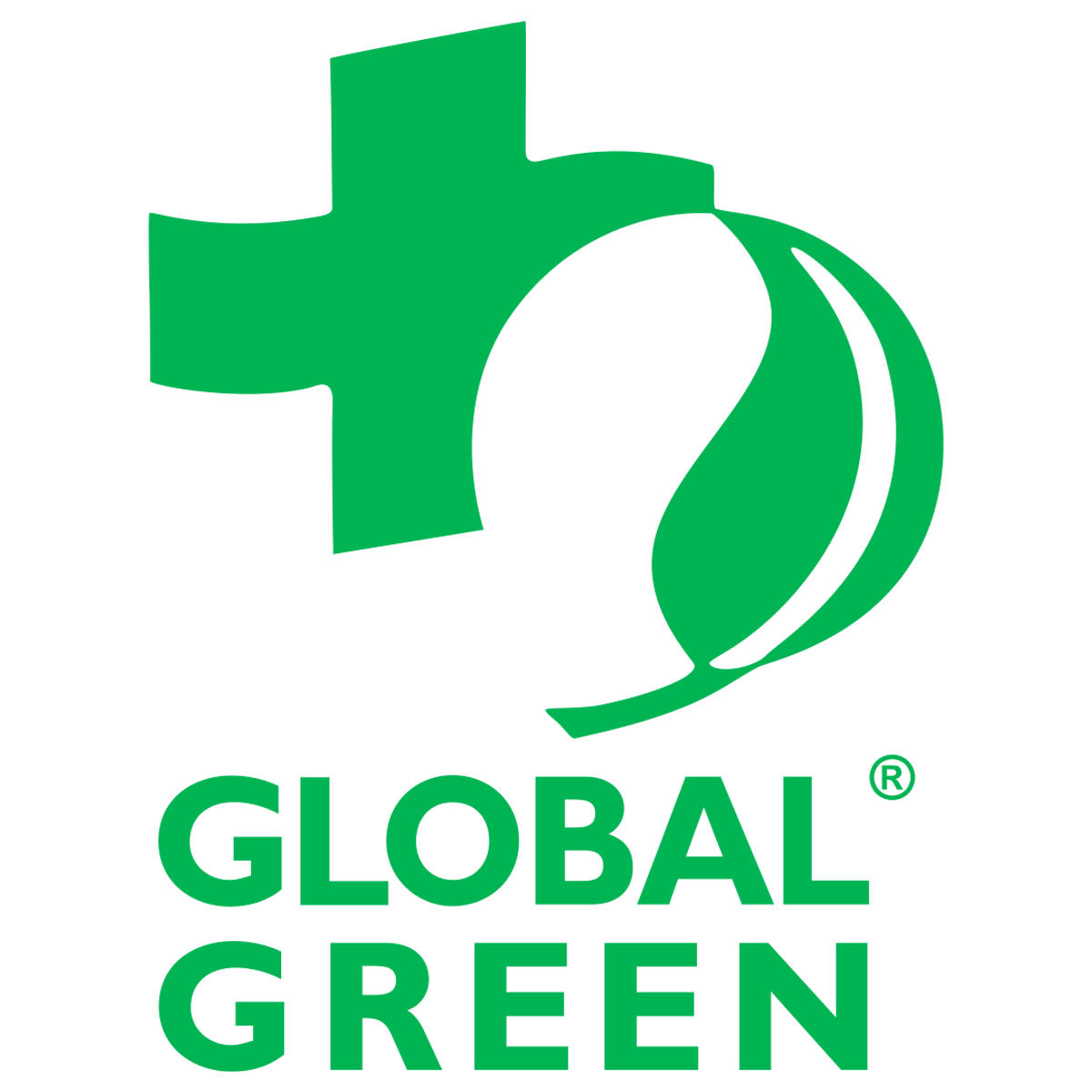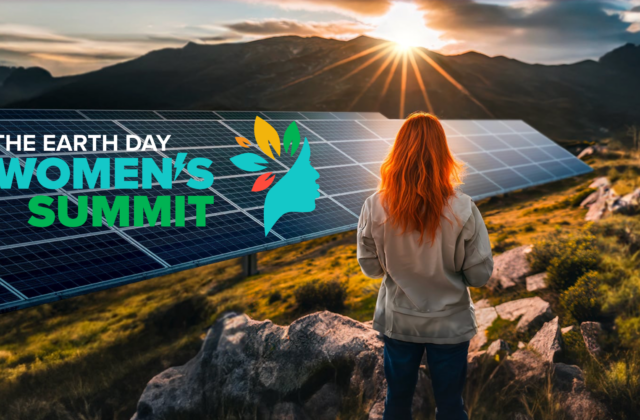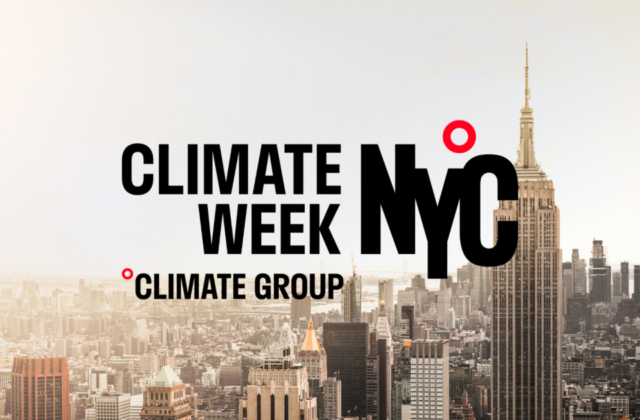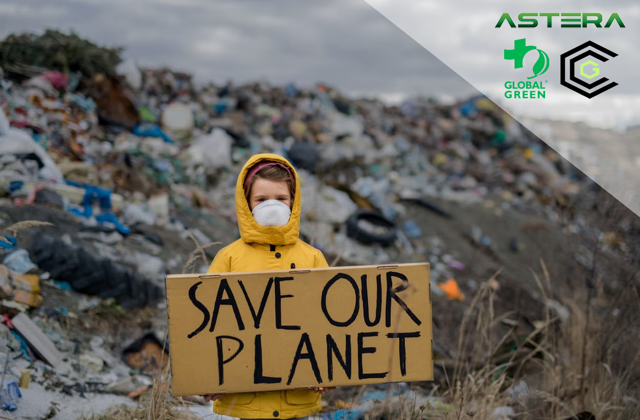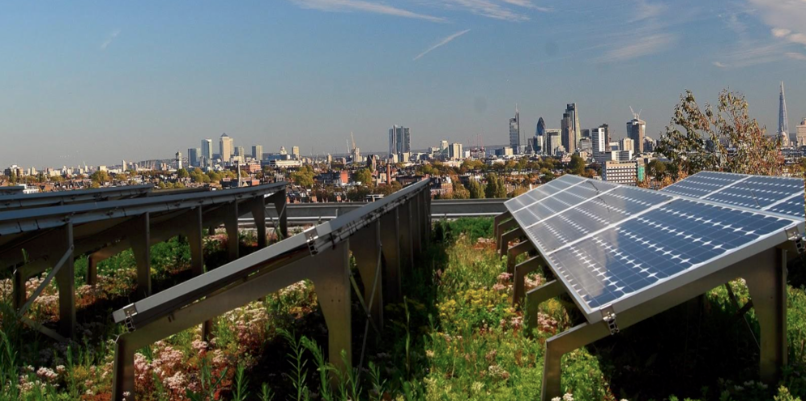
JEAN ISOBE AUGUST 13, 2019
The Opportunity Zone incentives have ushered in a much-needed look at pent up demand for economic activity in distressed American communities. They were created by the Federal Tax Cut and Jobs Act of 2017. An Opportunity Zone is an economically-distressed community where new investments, under certain conditions, may be eligible for preferential tax treatment.
Global Green, a national not-for-profit, is providing technical assistance in the area of resilience/sustainability and economic development in these communities. With offices in NYC, Global Green is reaching out to all five boroughs of New York City with Opportunity Zones including:
- Waterfront areas such as Long Island City and Astoria in Queens
- Downtown Brooklyn and parts of South Brooklyn
- Areas around the ferry terminal and Bayonne Bridge on Staten Island
- Parts of Chinatown
- Parts of Harlem
Global Green is reaching out to Long Island communities as well. Our application for our free technical assistance can be found here: https://globalgreen.org/blog/sna-app.
Do you want to determine if your community is in an opportunity zone? Click on the map for New York State and zoom in: https://esd.ny.gov/opportunity-zones.
Are you in New Jersey or Connecticut or Pennsylvania? Use the national map: https://esrimedia.maps.arcgis.com/apps/View/index.html?appid=77f3cad12b6c4bffb816332544f04542.
According to Marvin Krislov and Al Puchala in their recent article entitled, “Opportunity zones should deliver more than profit and tax breaks:”
“Across the country, thousands of communities in or near an opportunity zone could be embarking upon one of the most profound experimental economic programs in generations. Structured correctly, opportunity zone investments can direct billions [of] dollars in private investment toward the kind of new development, skills training and infrastructure upgrades these communities so badly need.”
They go on to say that successful development rests on a project’s merits in yielding a positive social impact, focusing on equitable distribution, and providing benefits to resource starved low-income communities, such as affordable housing, skills training, and access to health and social services. There is a strong need for Investments that implement a framework to achieve both investment security and community growth.
They conclude that “[o]ur country faces big challenges, from the impact of climate change to employment in the digital age to income inequality. Low-income communities are in many ways least equipped to confront these changes. The opportunity zone program provides a remarkable chance to invest resources that help residents in these areas gain the expertise to adapt.”
Global Green is interested in working with communities to evaluate if place-based investment that are “income producing businesses” could utilize the opportunity zone funds in areas related to its sustainability and resilience technical assistance program. Examples might include:
- Clean transport
- Recycling infrastructure
- Solar, Wind and other forms of clean energy
Global Green’s national track record as an organization working in partnership with public agencies, community leaders and stakeholders, and design innovators, have resulted in innovative and replicable policies, programs and procedures that make sustainability the standard during the planning, design, construction and operation of a new development.
Our team has conducted an initial analysis for how an opportunity zone project could work with solar and we’re eager to sign up one of more communities to see if this project might either provide additional benefit to communities and/or make projects happen that would not otherwise be feasible. (More information is available upon request.)
Global Green’s team of national experts evaluates how the sustainability of a specific neighborhood can be enhanced in an opportunity zone development project. Its assistance can impact a community’s engagement leading towards the successful development of a project – hosting workshops, studying impact assessments and renewable energy strategies. It can assist with public engagement and coordination with logistical support from city agencies, government, business and community leaders.
According to Bruce Katz and Ross Baird in their recent article, Opportunity Zone: Lessons and Questions: “Opportunity Zones are a focusing event for a much-needed new system of “community wealth” that goes far beyond a small tax incentive.We’ve been in town halls in places from Erie to Houston that have attracted hundreds of residents to discuss potential projects, and we have hardly heard the word “Opportunity Zone” or “capital gains tax.” Residents, developers, and entrepreneurs want to talk about projects and plans — how to renovate this abandoned school or restore local retail or grow minority-owned businesses or build workforce housing.”
They report that the most interesting deals are local, interdisciplinary and rooted in community involving local leadership and local capital. They go on to say that in cities visited, local landowners, entrepreneurs, and stakeholders want to work with capital sources that are invested in the community for the long term.
To learn more about the program, feel free to contact us at [email protected] for more information, or apply for technical assistance at https://globalgreen.org/blog/sna-app

Sources:
Opportunity zones should deliver more than profit and tax breaks. Crain’s NY, May 29, 2019. Marvin Krislov and Al Puchala. https://www.crainsnewyork.com/op-ed/opportunity-zones-should-deliver-more-profit-and-tax-breaks. Marvin Krislov is president of Pace University. Al Puchala is CEO of CapZone Impact Investments, a national platform focused on opportunity zone investments.
Opportunity Zone: Lessons and Questions. The New Localism, July 25, 2019, Bruce Katz and Ross Baird. Bruce Katz is the inaugural director of the Nowak Metro Finance Lab at Drexel University and the co-author (with Jeremy Nowak) of The New Localism: How Cities Can Thrive in the Age of Populism. Ross Baird is CEO of Blueprint Local and author of The Innovation Blind Spot. https://www.thenewlocalism.com/newsletter/universities-2/
IRS: To become a Qualified Opportunity Fund, an eligible corporation, partnership or LLC self-certifies by filing Form 8996, Qualified Opportunity Fund, with its federal income tax return. For additional information, see Form 8996 and its instructions. The return with Form 8996 must be filed timely, taking extensions into account. https://www.irs.gov/newsroom/opportunity-zones-frequently-asked-questions
